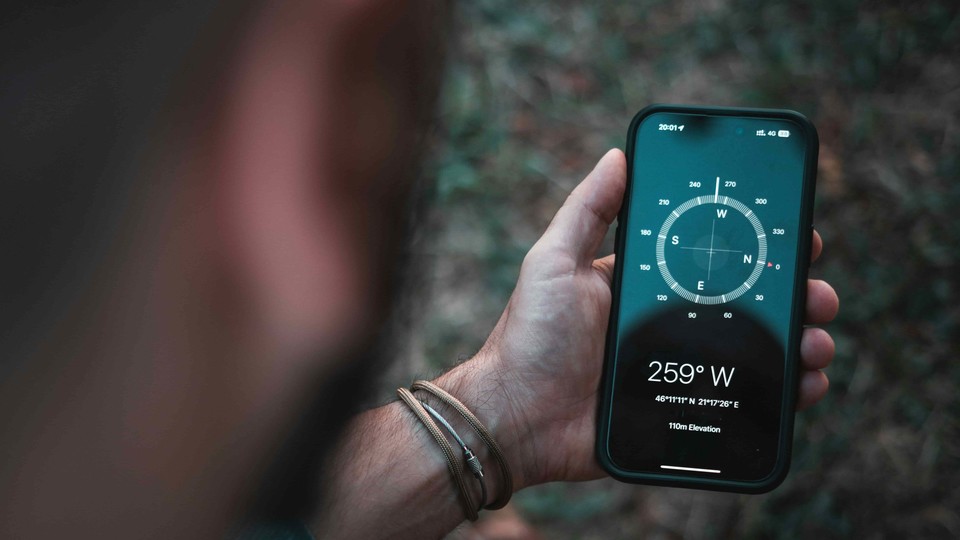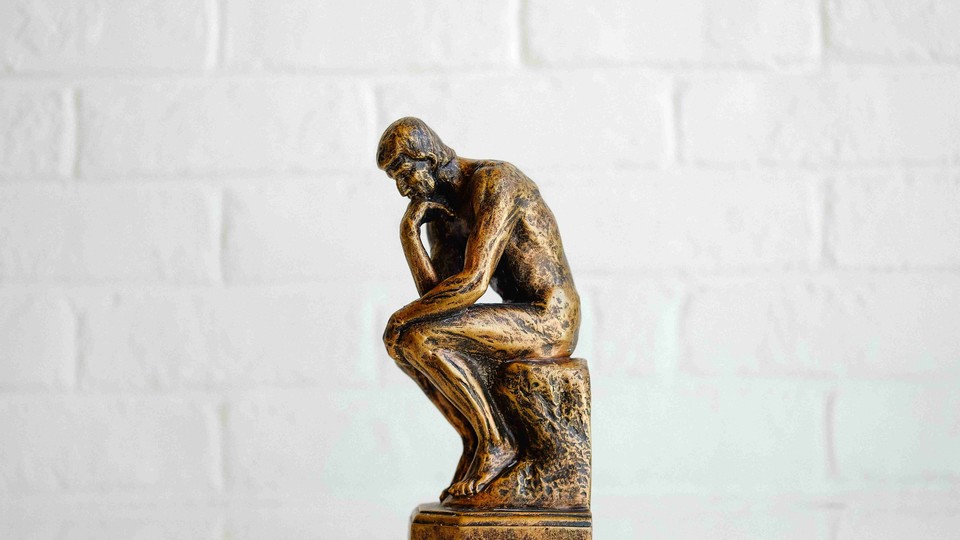
Re-Framing Work
Will the Black Lives Matter era reshape the way America does business?
Interview with Professor Mikki Hebl by Rice Business Wisdom Contributor Toddré Monier
Will the Black Lives Matter era reshape the way America does business?
Rice Business professor Mikki Hebl specializes in lifting the bedrock of business to study the unsettling activity underneath. Her research reveals the health and productivity effects of workplace discrimination, bigotry toward overweight men, and how legislating bans on workplace bigotry change everyday behavior. Encompassing both psychology and management, Hebl’s findings have special urgency now that historic numbers of Americans are linking institutional racism and the killing of Black citizens, including Breonna Taylor and George Floyd. We spoke with her about how the Black Lives Matter movement is transforming American businesses — and whether those changes will last.
Q: Your work looks at some of the most painful aspects of human interactions: racial discrimination, Nazism, prejudice against people with physical vulnerabilities, bigotry about body types. How did you come to this specialty and what are the big questions that motivate you?
A: I came this way via an education at Smith College, which made me dig deeply into looking at issues related to gender inequities in our country and world. From there, I wanted to pursue graduate studies in gender-related issues which quickly spread to just generally examining stigmatized groups more generally. I’m mostly motivated by ways we can make workplaces and lives more equitable, fair, and optimal for all people regardless of their demographic backgrounds and characteristics.
Q: Many Americans right now are learning intensively about structural, institutional and interpersonal racism. From your research, how do institutional racism and interpersonal racism affect each other?
A: They deeply affect each other. When institutional racism is allowed, interpersonal discrimination flourishes. Our own research has shown this — if you pass laws preventing formal discrimination, interpersonal discrimination also decreases.
Q: Your research gives peer-reviewed evidence for workplace issues that African Americans have been battling for generations. Do you think the new Black Lives Matter conversation — and apparent growing respect for these issues, as shown in opinion polls — will make a long-term difference in the American workplace?
A: Ibram X. Kendi wrote a book called “How to Be an Antiracist,” and one of his take-home messages is that you cannot lose hope even though racism often feels like metastatic cancer. If you lose hope that things will get better, you die. Racism has been here since the inception of America, but our past does not have to be our future. And I hope this is a different moment. I am hopeful that November will bring the first vice president who is Black and female. And that with this change is also ushered in real change in the great inequities that so many Black, Indigenous and People of Color (BIPOC) people face in our society.
Q: More specifically, do you think anti-Black discrimination in the workplace in the wake of Black Lives Matter is better? Worse? Unchanged?
A: I’m not sure that things have changed much, although I think they may be polarizing more. What we know is that prejudiced people look for behaviors that rationalize the expression of their prejudices. So, if I am against obesity and I see a heavy man eating a Snickers bar, I might say “See, that’s why he’s fat — he has terrible eating habits.” In reality, many people eat a candy bar from time to time. In the case of Blacks, if I am prejudiced, I might see the small amount of violence at peaceful protests and focus on the violence, citing that “See, Blacks are violent,” so that I can maintain my prejudiced outlook. Thus, I think that once formed, opinions can become difficult to change.
Q: What trends do you see ahead for leadership positions for African Americans in major industries? (The extremely white publishing and magazine industries, for example, have moved some African Americans to top positions in recent months.)
A: I am hopeful. Very hopeful. There are three reasons to anticipate change: the realistic, business, and moral cases. In terms of the realistic case, we do know that demographic trends show that whites are going to soon be a minority of the workforce and country. However, it is not Black individuals who are rising in the makeup of our workforce and population — rather, they are projected to remain at the current percentages. Instead, it is Hispanic individuals and Asian immigrants, both of which are expected to increase.
But the point is that white leadership is likely to change just based on the changing demographics of our country. In terms of the business case, many research studies consistently show increased creative solutions, innovation, and other positive outcomes related to diversity. And finally, the moral case posits that we must change if we are a country that truly holds egalitarian values and believes everyone deserves a fair shot.
Q: What questions do you suggest CEOs ask themselves as they reflect on their own workplace culture and their Black employees?
A: What are my own biases? How did privilege land me where I am? How can I educate myself about racism? Why aren’t there any women or minorities in upper management? What can I tangibly do to change this? How can I ensure diversity within my organization? What policies best support the people? Do I enable people to bring their authentic selves to work? Am I hiring people based on “fit” and a false sense of “meritocracy”? Am I being transparent with hiring procedures, numbers, pay equity, promotions, retention offers? These would be a handful of questions I’d start asking.
Never Miss A Story


